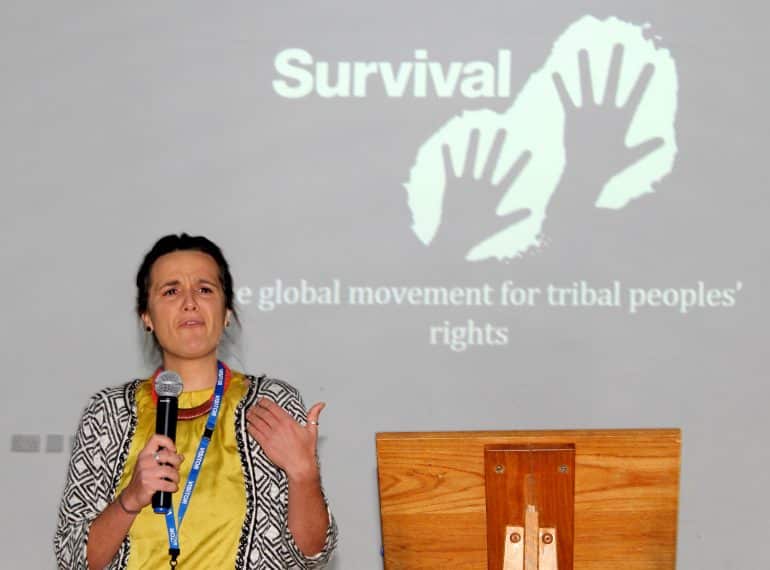
Visiting expert Gabriella Rutherford not only helped boys understand the threats and challenges faced by tribal people around the world, but also encouraged them to reflect on lives that are different from – and sometimes surprisingly similar to – their own.
Gabriella, from Survival International, the global organisation championing tribal peoples’ rights, spoke at a Lower School lecture assembly. She focused on the challenges facing tribal people around the world and encouraged the boys to think about ‘otherness’.
She looked at how our conceptions of other people and groups are often based on the ways in which we believe they are different to us. She asked the boys to picture a tribal person in their mind. Establishing the sort of image that is often conjured up – a jungle environment, spears, feathers and bare chests – she looked into where that image comes from. She then pointed out that while such tribes do exist, there are others that look and live more like us than we might imagine, particularly among contacted tribes with whom there has been cultural and economic exchange.
Gabriella touched on the ongoing threats to tribal people from racism and prejudice, and from those who advocate taking control of their lands in the public or national interest – as, she said, President Bolsonaro is hinting at in Brazil.
Head of Academic Enrichment Nisha Mayer said: “This was an engaging assembly, which required the boys to consider and voice their own ideas.
“One aspect of our lecture programme is that, through it, we seek to encourage boys to think critically about people with different life experiences, understanding their value and the challenges they face. This assembly raised awareness of a particular set of issues and got boys engaged in the moral questions around the cultures and the treatment of tribal peoples in different parts of the world.”
Topics covered during the assembly included:
- What tribal people need to survive. (Their own land and self-determination are key elements, Gabriella stated);
- The dangers associated with outside contact, including the people losing control over resources and also their lack of immunity to viruses and other illnesses. Some 50–90% of tribal communities are typically wiped out following outside human contact;
- The benefits brought by tribal people and communities. They often constitute very strong communities; and 80% of the world’s biodiversity is located in tribal land, so they are hugely important for conservation;
- Whether there is ever justification for the outside world making contact with an uncontacted tribe.
On the final point, Survival International’s view is that there really is no such justification, since: it is impossible for us, as outsiders, to assess the harm that we might be doing; since tribal peoples have human rights, just as we do, and these should not be forfeited to some notion of the ‘public good’; and since they are equipped to deal with problems in their own ways, even if these ways are different from ours.
Gabriella encouraged boys to consider getting involved in the Survival International Youth Action Group that is being established.

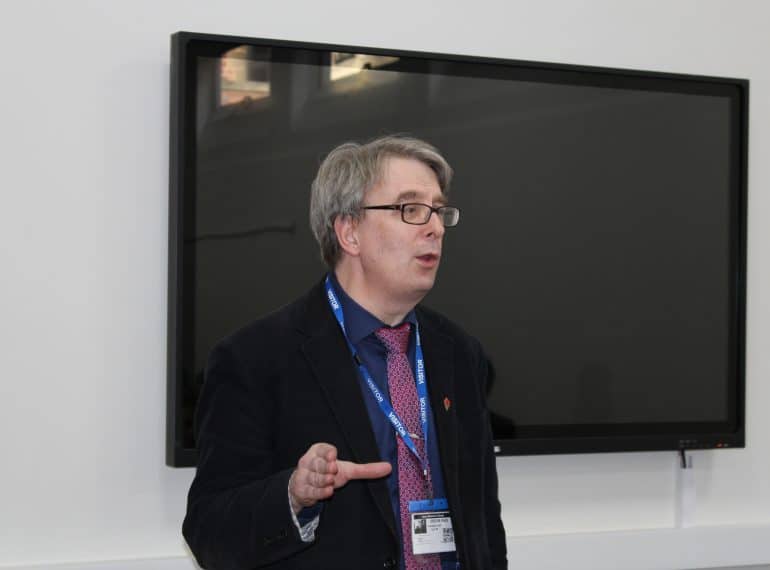
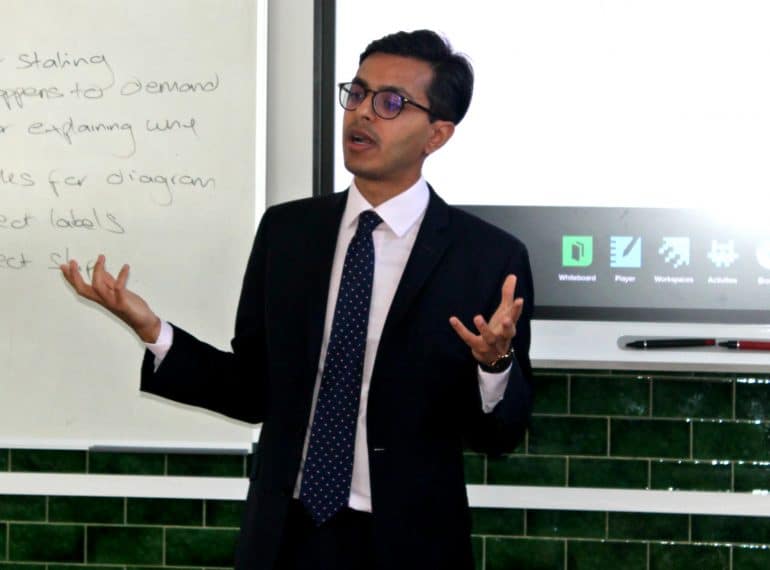
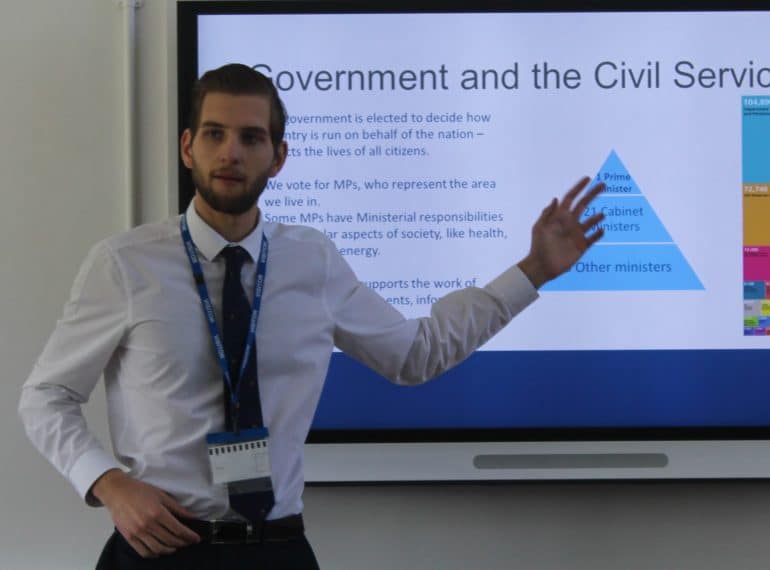
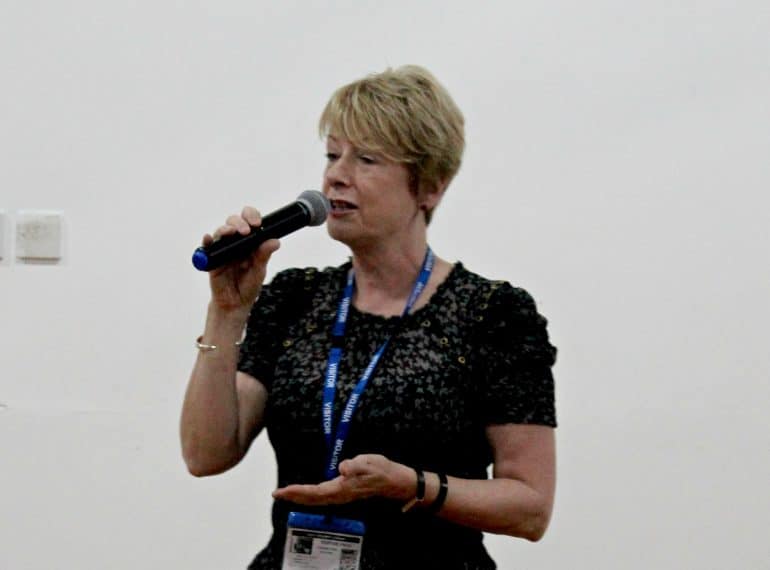
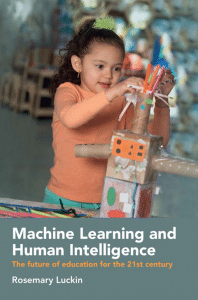
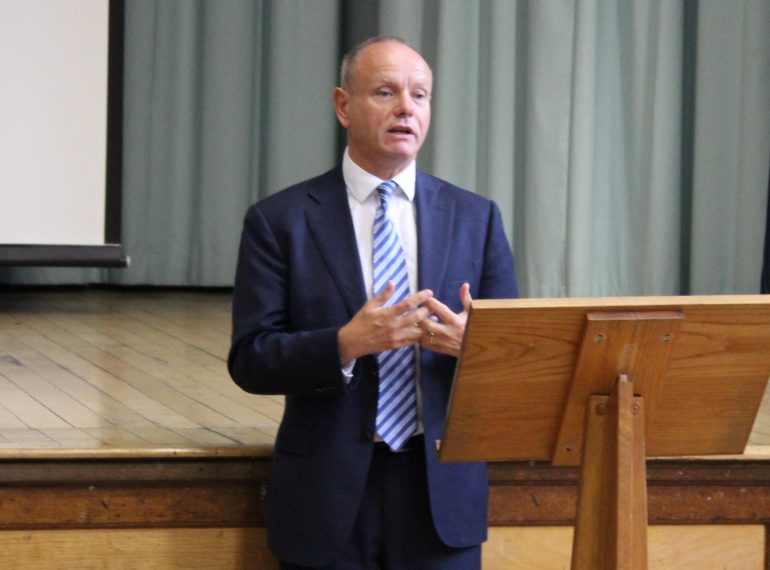
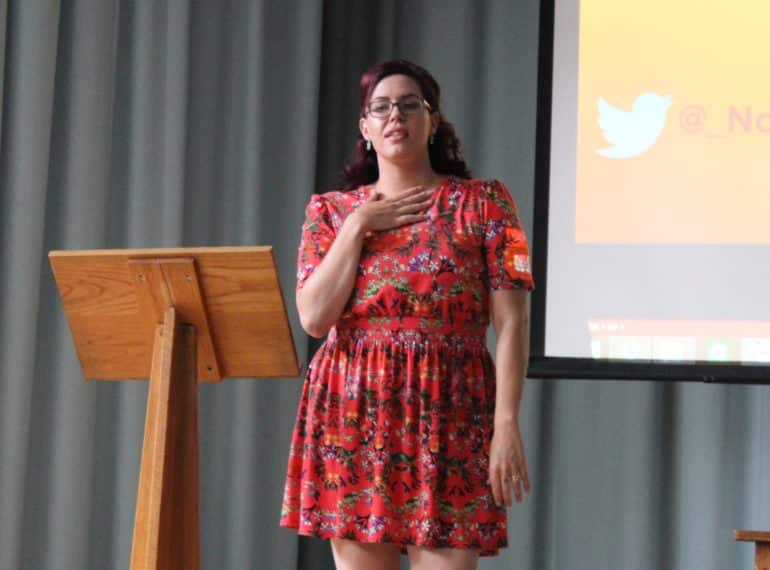
 Natasha also listed factors which contribute to good mental health, stating that it helps to:
Natasha also listed factors which contribute to good mental health, stating that it helps to: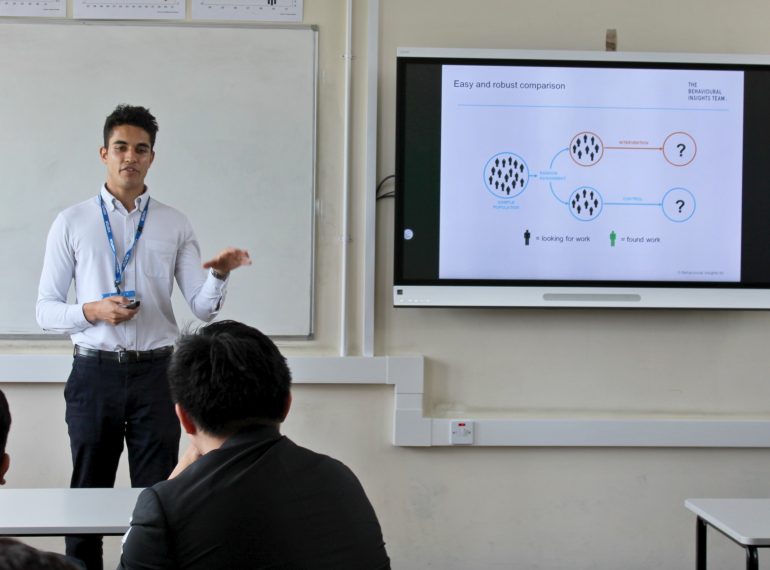
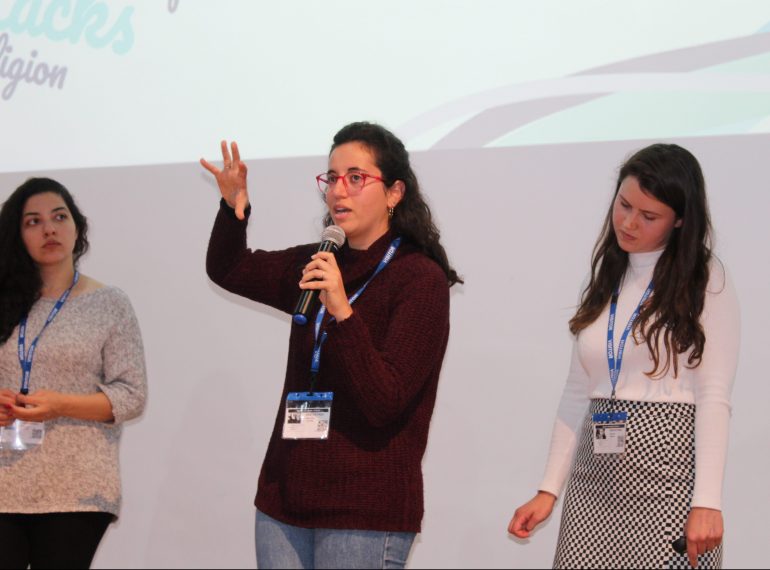
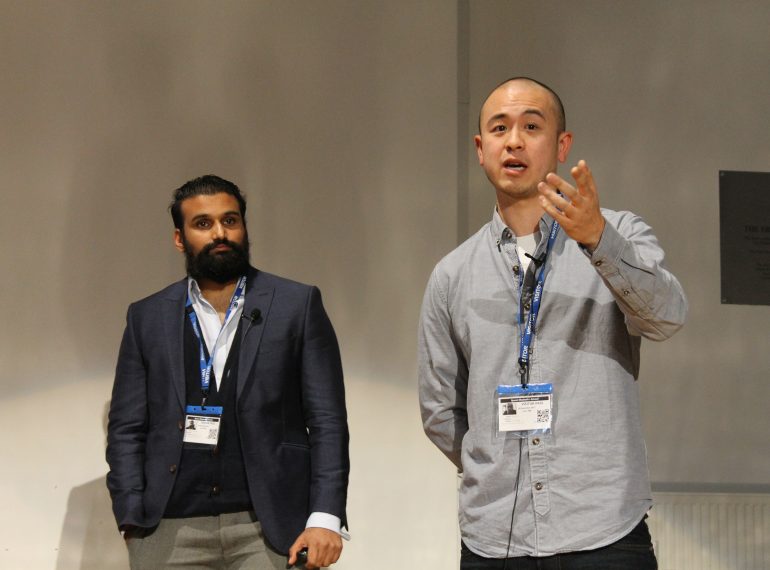
 bles, a 156-mile ultra-marathon across the Sahara Desert.
bles, a 156-mile ultra-marathon across the Sahara Desert.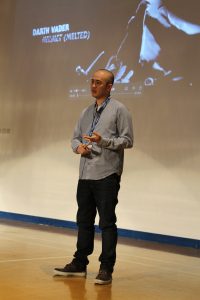 So he took up long-distance cycling, scuba-diving and marathon-running. And while he did not see himself as competing with fellow participants, he did draw inspiration from them, such as his companion on a bike ride from London to Barcelona – a man who had cystic fibrosis and was on the lung transplant register.
So he took up long-distance cycling, scuba-diving and marathon-running. And while he did not see himself as competing with fellow participants, he did draw inspiration from them, such as his companion on a bike ride from London to Barcelona – a man who had cystic fibrosis and was on the lung transplant register. “A lot of the time you were on your own in the desert with a map and some markers, and you have to draw on everything you have.” He likened it to the feeling of isolation around examinations when your classmates are no longer there and you have got to do it yourself.
“A lot of the time you were on your own in the desert with a map and some markers, and you have to draw on everything you have.” He likened it to the feeling of isolation around examinations when your classmates are no longer there and you have got to do it yourself. He also spoke about not needing to know what you want to do when at school and the merits of taking a different path from the norm. Johnny took Photography at A-level at QE, taught by Alison Lefteri, who is still in the School’s Art department. “Trust in your own beliefs and what you are interested in – it doesn’t matter if it’s not like what others are doing. Opportunities will arise,” he told the boys. He found a passion for photography, developing his skills and discovering an interest in documentary-style photography at university. Eventually, however, he moved into film and found he loved that even more.
He also spoke about not needing to know what you want to do when at school and the merits of taking a different path from the norm. Johnny took Photography at A-level at QE, taught by Alison Lefteri, who is still in the School’s Art department. “Trust in your own beliefs and what you are interested in – it doesn’t matter if it’s not like what others are doing. Opportunities will arise,” he told the boys. He found a passion for photography, developing his skills and discovering an interest in documentary-style photography at university. Eventually, however, he moved into film and found he loved that even more.